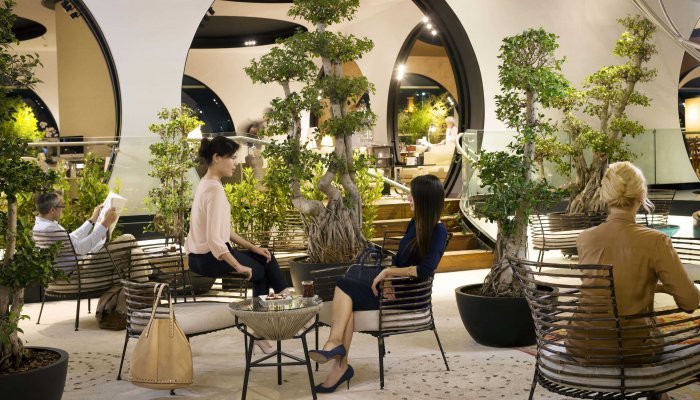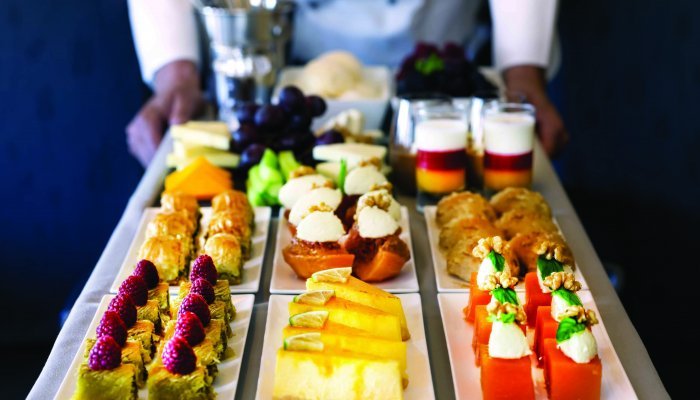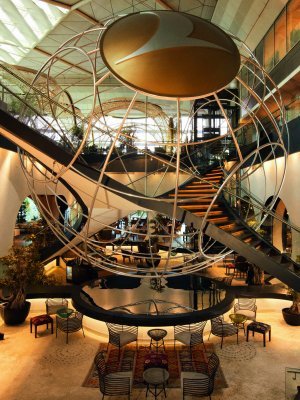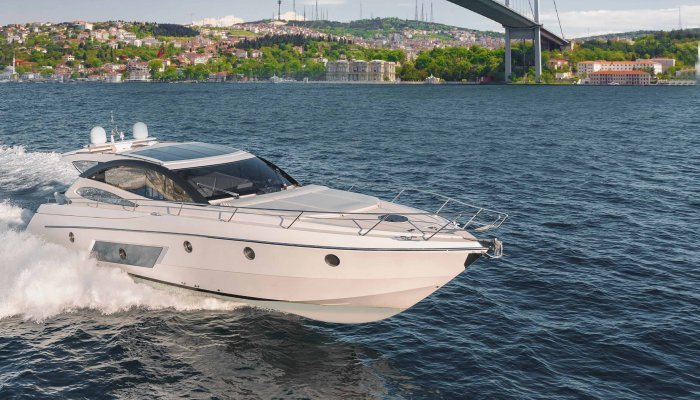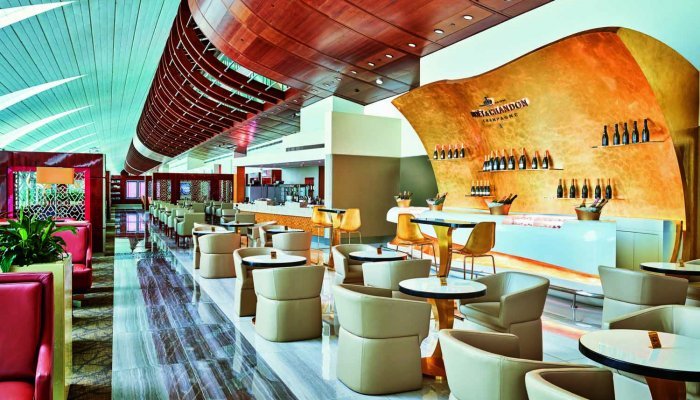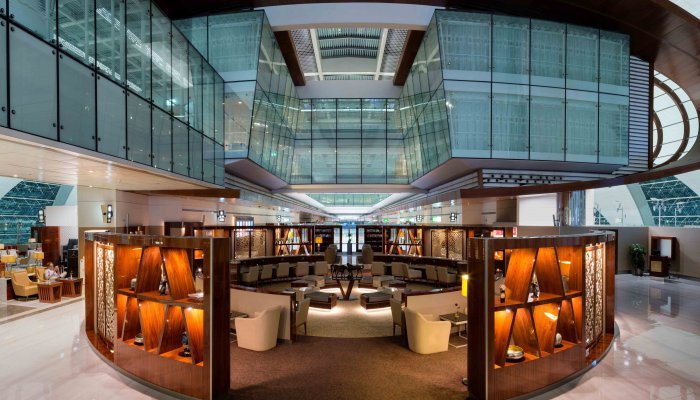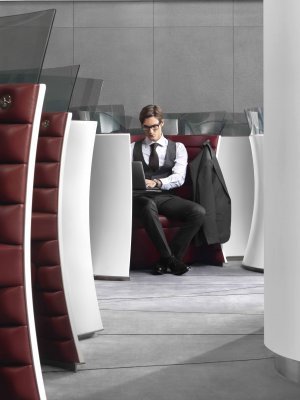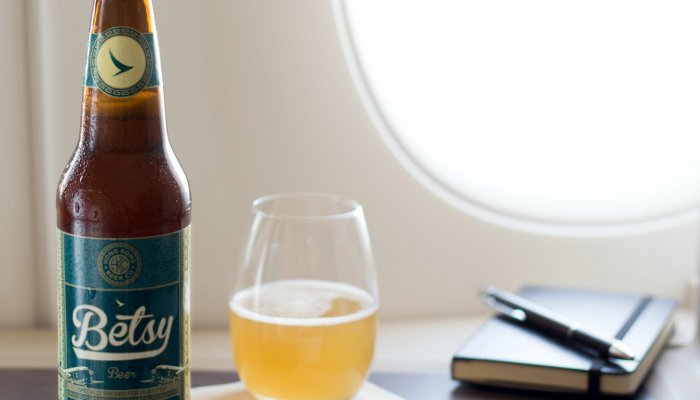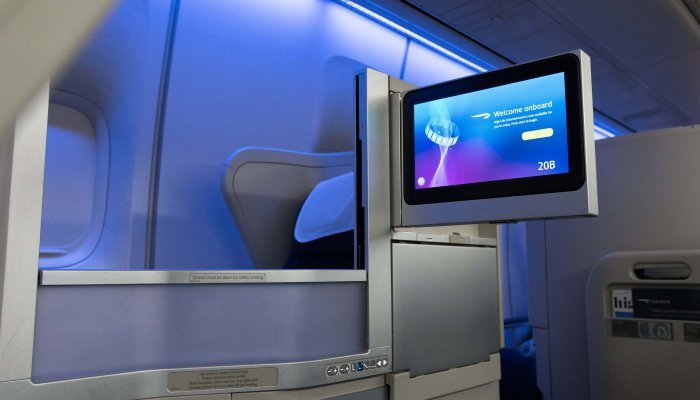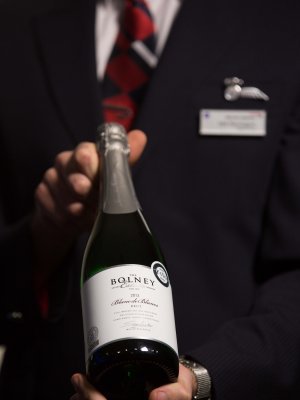Travel makes you richer, as the saying goes, but when the average business class seat can cost five times as much as its economy counterpart, you have wonder if it’s worth the price? Take British Airways. A Club World ticket to London costs around R49 400, compared to a World Traveller ticket for about R10 800. That’s a hefty price difference of R38 600.
From Johannesburg, Cathay Pacific will charge you R31 890 to fly business class to Bangkok with their economy fare being R22 779 cheaper at R9 111, while the lowest Emirates business class fare of R35 886 to London via Dubai is R26 988 more expensive than an economy ticket for R8 898. Throw in a difference of R30 000 on Turkish Airlines with their Johannesburg-Istanbul flight priced at R40 000 for business and R10 000 for economy, and you get the picture. Flying business class is not cheap.
So where do business class travellers really score?
On the plus side, you could write the business class ticket off as an expense, and with any luck, the tax man will pay 48% of it. Also, when it comes to business class, the more you fly, the less you spend, thanks to all the reward systems offering points, discounts, air miles, cabin upgrades, fast-track security, reward flights, hotels and car rentals.
Deals, deals
British Airways has ‘competitively confidential’ special deals for corporates, an On Business programme that rewards smaller businesses that may not qualify for a corporate deal, and an Executive Club with a similar range of benefits for individuals. Cathay Pacific offers corporate clients a discount of between four and 10% depending on the company’s annual revenue spend. Their Business Plus portal lets smaller enterprises manage their travel arrangements and enjoy various perks according to the five-tier Business Plus reward system, while Emirates and Turkish Airlines also give regular business users annual discounts.
However, when it comes to all the ‘business class benefits’ airlines like to tout, some may seem a little flimsy. For example, is priority check-in still a big deal when most passengers today check-in online and there are automatic check-in machines at the airport? The same goes for the extra baggage allowance. How much of it do you actually use, especially when business trips are short? I rarely exceed the economy limit of 20kg per check-in bag, even though passengers are allowed to double or even triple that number on a business class ticket.
Lounging around
As for lounge access; while there’s a lot to be said for exclusive entry to hushed enclaves with relaxation areas, shower facilities, tasty food, liquid refreshments and free Wi-Fi, you don’t necessarily have to fly business class to get in. Emirates just spent US$11 million renovating their Concourse B lounge at Dubai International Airport and for 100 US dollars, you too can enjoy their barista experience, health hub and Champagne salon.
Turkish Airlines keep their award-winning Ataturk Airport Lounge with private massage suites, library, snooker tables, indoor golf simulator, cinema, and tea garden exclusive to their Commercially Important Passengers (CIP) as do Cathay Pacific. Their Bridge lounge in Hong Kong is for Marco Polo members only, but airports do offer one-time lounge admission for a fee. Around 45 euros will buy the economy traveller access to a lounge in a European airport, which may seem pricey but it’s still a fraction of what you’d pay for a business class ticket.
Business class dining beats economy hands down with most airlines offering award-winning menus crafted by famous chefs, boutique wine lists and top-notch service, however, if you’re among the last to be served, there’s a chance they might run out of your entrée or mains choice. And as for all the free hooch, how much of it can you actually drink, especially if you are a teetotaller, or have a meeting to attend the next day?
Might it not be more expedient to settle for the regular airline food and spend the money you save on a memorable meal somewhere at your destination?
I’ve reeled in a husband of 20-odd years...
Sleep tight
There’s no question that business class seating is superior. Most airlines now offer flat beds, slippers, seat control panel, adjustable table, power socket, privacy screen and amenity kits containing eye masks, socks, lip balms, moisturisers and toothbrushes. A good night’s sleep in the clouds stretching out with a soft duvet over you is obviously way preferable to being shoe-horned into the middle economy seat like a battery chicken, but how much are your comfort and time worth?
Well, that depends on how much you earn. If it’s around, say, R3 million or more a year, then the extra cash for business class that allows you to work, sleep, avoid jet lag and arrive fresh to your meeting, might save you around 10 to 12 precious productive hours.
Many companies either reward their staff with a business class ticket or give employees the choice of flying economy class in return for two days holiday after the flight to compensate for the less comfortable option. Personally, I’d take the business class flight but everyone else I asked said they’d rather have the extra days.
As for being among the first to disembark, does that really justify the price? Ditto ‘priority luggage service’ that can be capricious and is often the “luck of the draw”. So where do business class travellers really score?
Upping the ante
Since business class typically accounts for the lion's share of an airline's income ‒ economy class is more of a ‘top up’ income ‒ there’s ample incentive to entice more CIP and competition between airlines is strong. (Sadly, the opposite is true in economy class.)
British Airways is investing £600 million into their Club World cabins to combat what their chief executive, Alex Cruz, calls “challenging competitive forces” while other airlines offer free hotel stays, city tours and complimentary chauffeur service to and from the airport. Emirates offers free transfers to their business clients in a luxury vehicle, a great way to start and finish your trip. If you live in Johannesburg this would save you about R1 000 as a taxi to the airport costs R500 one way.
Emirates and Turkish Airlines also offer their business clients free accommodation in a four or five-star hotel, if the connection time exceeds the required hours. Turkish Airlines go one further with the Bosphorus Experience, a free city tour for business travellers with seven hours to spare. A guide whisks you through passport control, into a luxury vehicle, and on a private cruise followed by breakfast, lunch or dinner, at the Çırağan Palace Kempinski hotel, before dropping you back at Ataturk’s departure terminal. Now those are layovers you could learn to love!
While on paper it might seem as though you don’t really get that much for your money, apart from a good night’s sleep, all the networking opportunities that come with flying business class have increased my financial affairs quite substantially. In 30 years of mostly business class travel, I’ve reeled in a husband of 20-odd years, (our marriage, not his age) who sat next to me on a flight from Copenhagen to Johannesburg, plus an assortment of useful media contacts I’m still in touch with.


